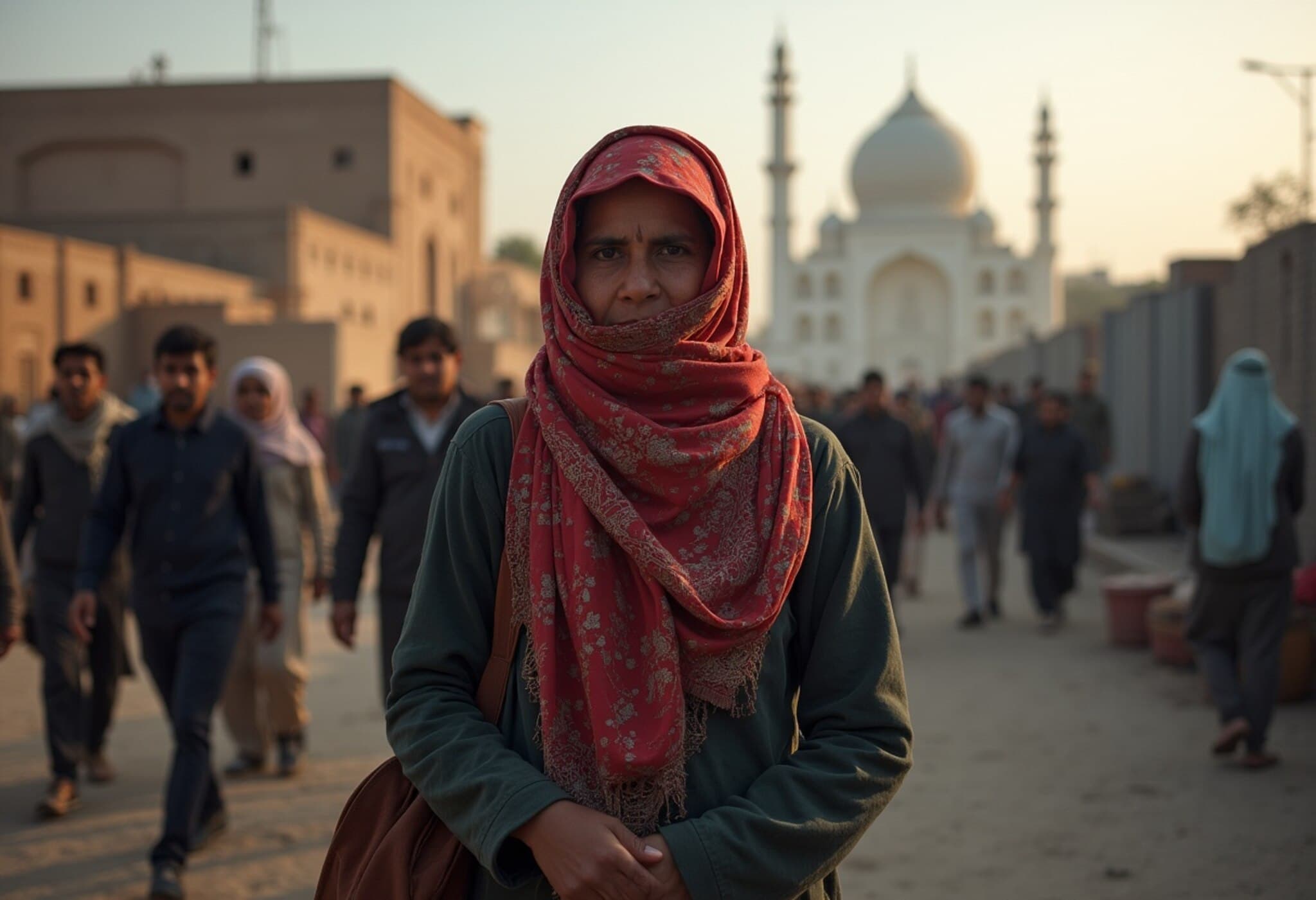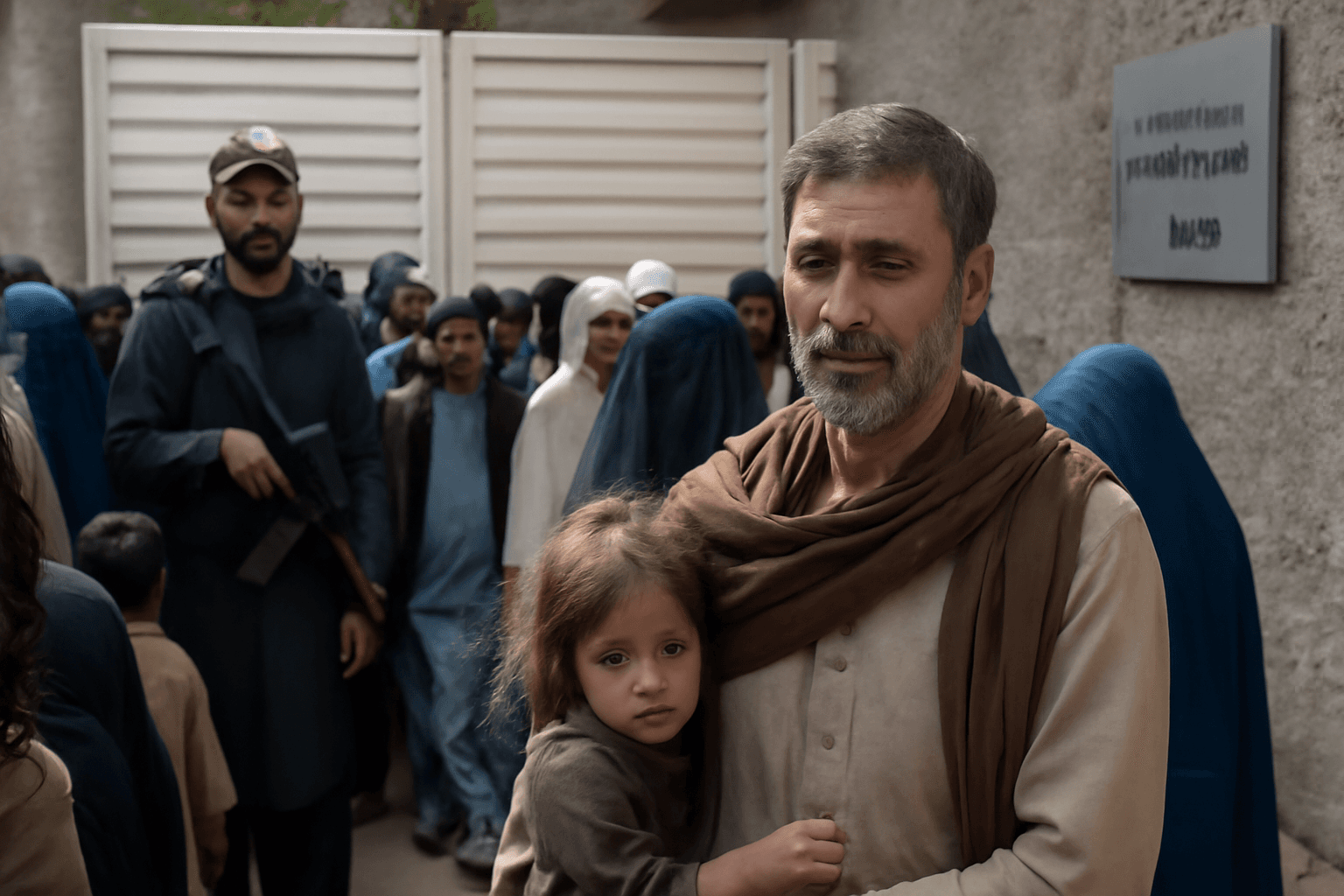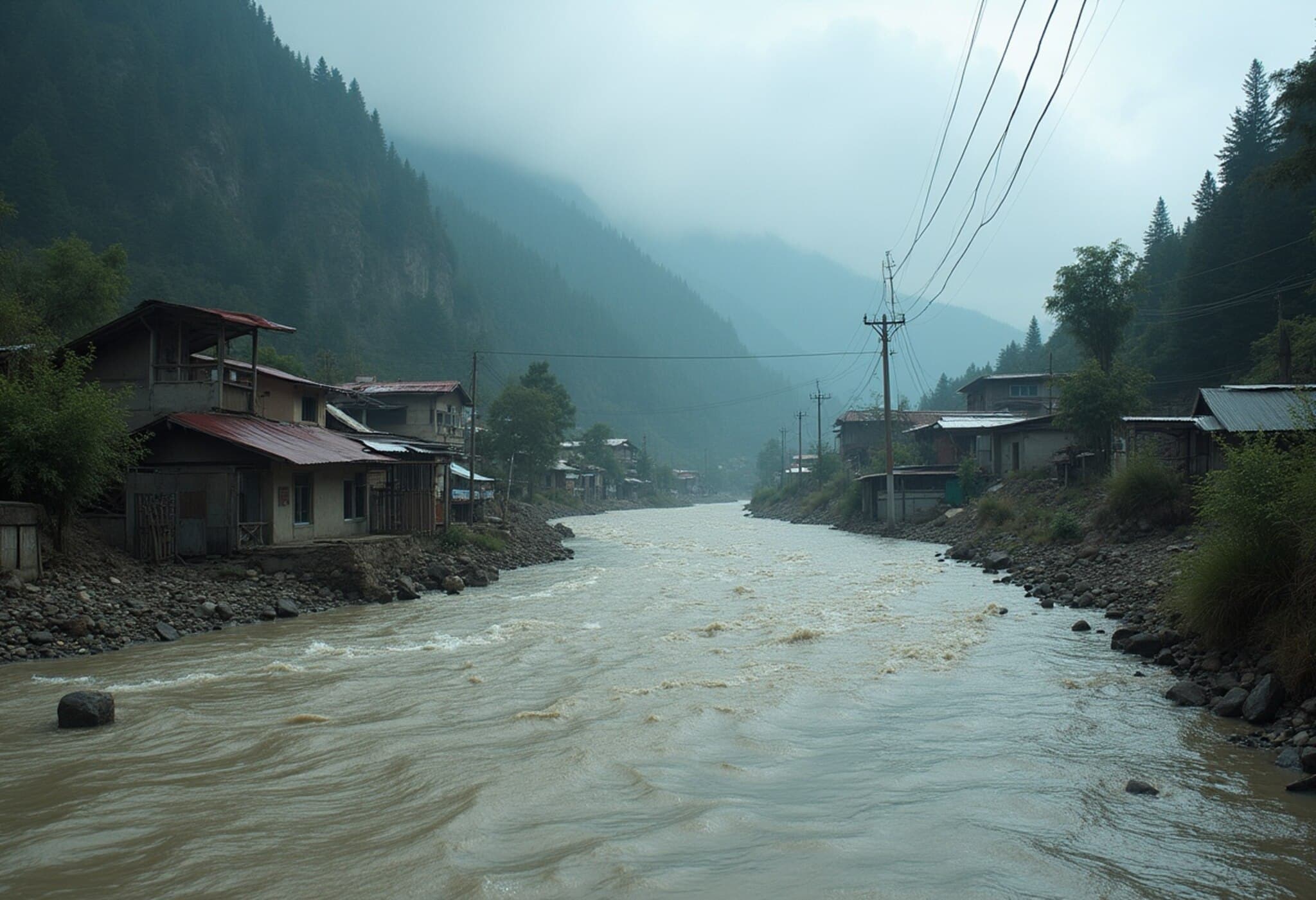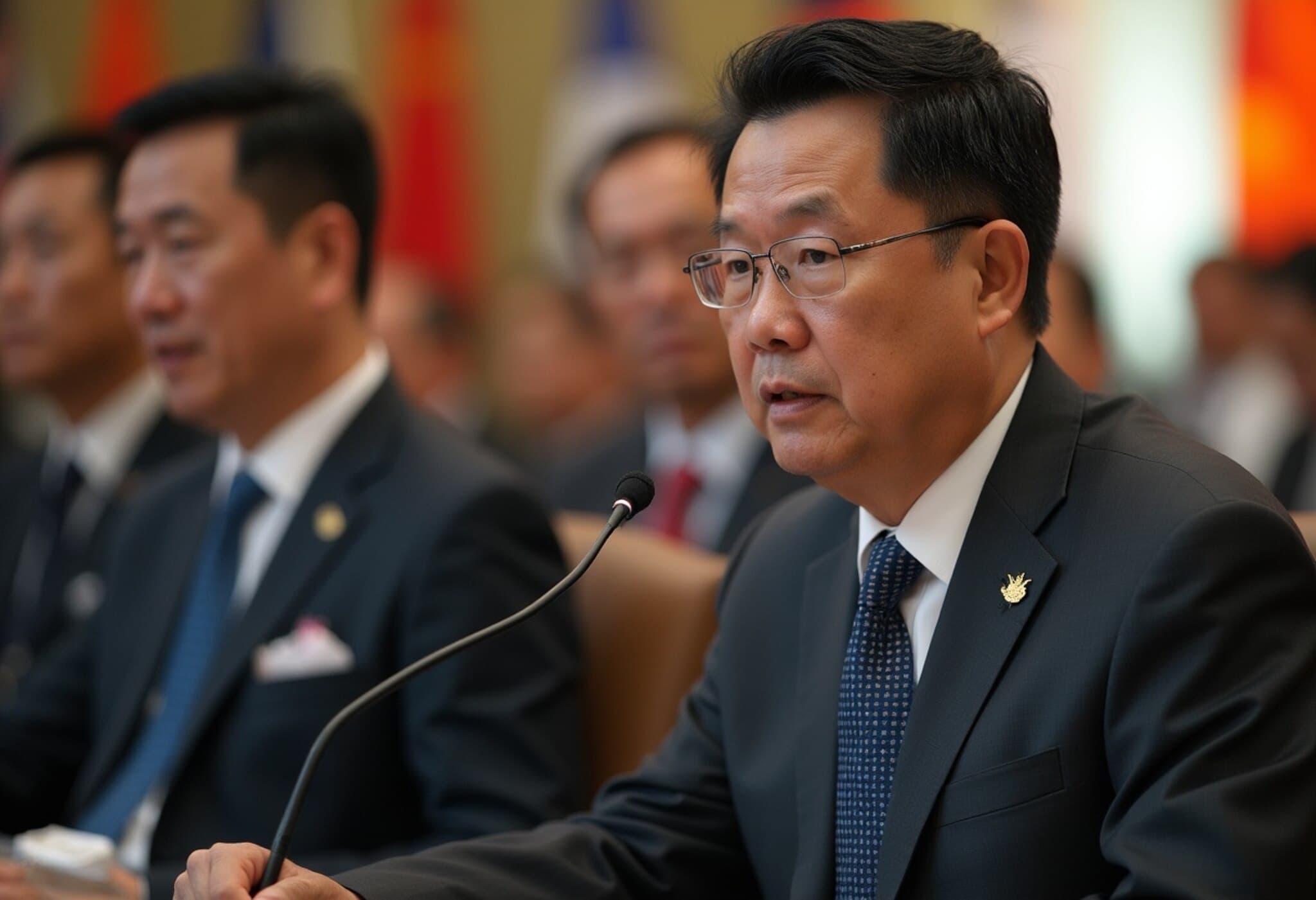Pakistan Delays Afghan Refugee Deportation Deadline, Easing Pressure Amid Diplomatic Scrutiny
In a significant development affecting millions of Afghans living in Pakistan, Islamabad has extended the deadline for the deportation of Afghan refugees to September 1, 2025. This move comes as a response to growing international pressure and humanitarian concerns, notably from the United Nations High Commissioner for Refugees (UNHCR), which has consistently warned about the risks of forced returns.
The Human Story Behind the Numbers
For over four decades, successive waves of Afghan refugees have sought sanctuary in Pakistan to escape the ravages of war, systemic instability, and economic deprivation in their homeland. Today, approximately 1.4 million Afghans are officially registered with UNHCR and hold Proof of Residence (PoR) cards issued by Pakistani authorities.
Previously, Pakistan had set a firm cutoff date of June 30, 2025, for reissuing these PoR cards, effectively pushing many refugees toward repatriation. This hardline stance elicited sharp criticisms from human rights organizations, which argued that such policies jeopardize the safety and livelihoods of vulnerable populations who have, in many cases, deeply rooted ties to their Pakistani communities.
New Grace Period and Policy Implications
According to Lateef-ur-Rehman, spokesperson for Pakistan’s Home and Tribal Affairs Department, the government has approved an additional 25-day “grace period” — from August 4 to August 31, 2025 — to allow Afghan refugees to voluntarily return home.
Following this extension, authorities have indicated that remaining undocumented Afghans could face arrest and enforced deportation. The government also plans to focus on another group of some 800,000 individuals holding Afghan Citizen Cards, who are considered to be illegally residing in the country.
UNHCR Voices Concerns on Forced Repatriation
UNHCR Pakistan spokesperson Qaiser Khan Afridi welcomed the extended deadline but simultaneously cautioned against the dangers of any coercive return efforts. Forced deportation could violate the internationally recognized principle of non-refoulement, a cornerstone of refugee protection that prohibits sending people back to environments where their freedom and lives could be under threat.
Recent data paints a worrying picture: at least 1.2 million Afghans have been compelled to return to Afghanistan from Pakistan and neighboring Iran since the start of 2025. Many repatriated refugees face uncertain futures amid persistent insecurity and economic difficulties in Afghanistan.
The Complex Reality for Refugees in Pakistan
While some Afghans reside in formal refugee camps, the majority have established more permanent lives integrated into Pakistani society — running businesses, raising families, and contributing economically. Yet, an atmosphere of fear looms as undocumented refugees increasingly live in hiding to avoid detention or deportation.
Local authorities, according to Rehman, have been tasked with liaising with Afghan community leaders to promote voluntary repatriation efforts. Plans reportedly include closing refugee camps, though concrete timelines remain undisclosed.
Contextual Insight: Regional Stability and Humanitarian Stakes
This extension reflects Pakistan’s delicate balancing act between managing domestic resources and addressing international humanitarian obligations. As the host country with the largest Afghan refugee population, Pakistan's refugee policies resonate beyond its borders, impacting regional geopolitics and mass migration patterns.
From a U.S. and Western policy standpoint, stable protection mechanisms for refugees are closely linked to broader security concerns, counterterrorism efforts, and diplomatic relations in South Asia. Moreover, humanitarian agencies stress that sustainable solutions require not only temporary protection but investments in Afghan reconstruction and regional cooperation.
Key Questions Ahead
- How will Pakistan reconcile its border security and migration control with international norms guaranteeing refugee protection?
- What measures are in place to ensure repatriations remain genuinely voluntary and safe?
- Could extending validity of PoR cards help stabilize Afghan communities and avoid further humanitarian disruptions?
- What role can international actors play in supporting both Pakistan and Afghanistan in managing this protracted displacement crisis?
Editor’s Note
Pakistan's decision to delay Afghan refugee deportations signals both a diplomatic concession and an acknowledgment of the humanitarian complexities involved. Yet, the looming threat of forced returns raises critical concerns about compliance with international law and the lived realities of refugees who have long called Pakistan home. As global attention shifts to these vulnerable populations amid ongoing regional instability, continuous monitoring and multilateral support remain essential to protect human dignity and foster lasting solutions.
















